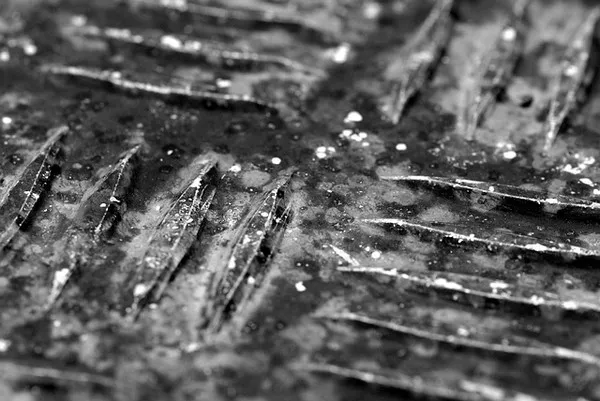Santa Fe, NM – Environmental activists in New Mexico have expressed strong opposition to an initiative by Governor Michelle Lujan Grisham that aims to finance the treatment and recycling of oil-industry wastewater. Critics argue that the plan, which relies on unproven technologies, may inadvertently encourage more water-intensive fracking for oil and natural gas.
Governor Lujan Grisham is seeking legislative and regulatory changes to enable the state to finance the development of a strategic new water source by purchasing and selling treated water derived from the used, salty byproducts of oil and natural gas drilling or from underground saltwater aquifers. The initiative aims to provide a new source of recycled water for industrial purposes, thereby preserving freshwater sources and attracting businesses to the arid state.
However, environmental and social-justice groups gathered outside the Statehouse to voice concerns over the plan, labeling it as a potential subsidy to the oil and natural gas industry without necessarily alleviating pressure on the state’s ancient underground aquifers. Critics argue that the initiative appears designed to assist oil and gas producers, particularly in the Permian Basin, in addressing wastewater disposal challenges and facilitating continued petroleum extraction.
Environmental justice groups, such as New Energy Economy and Pueblo Action Alliance, are critical of the initiative’s potential impact on water supplies for hydrogen production. Julia Bernal, Executive Director of Pueblo Action Alliance, views it as an attempt to secure more water for hydrogen production, emphasizing the need for investment in wind and solar projects.
Inside the Capitol, the State Environment Department Secretary, James Kenney, briefed a state Senate budget-writing committee on the plan to underwrite the project with up to $500 million in bonds over a two-year period, aiming to encourage private investment in water-treatment and desalination infrastructure. Legislative approval is required for the construction-spending bill, and the state’s annual legislative session ends on February 15.
The proposed regulatory framework includes the reuse of oil-industry wastewater and desalination of naturally occurring brine. The state is soliciting technical and economic briefings from various stakeholders to inform the plan. New Mexico, as the second-largest oil production state in the U.S., faces the challenge of managing extensive underground reservoirs of salty water that are crucial for hydraulic fracturing and advanced drilling techniques.

